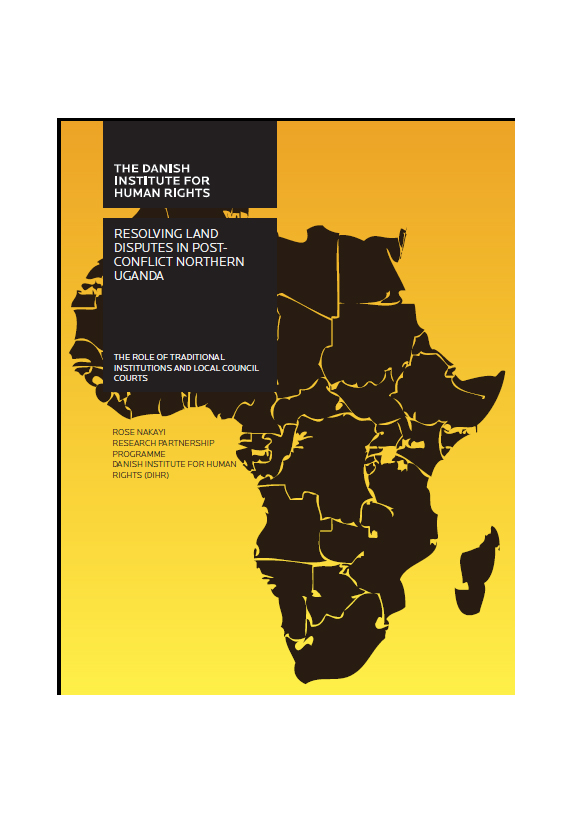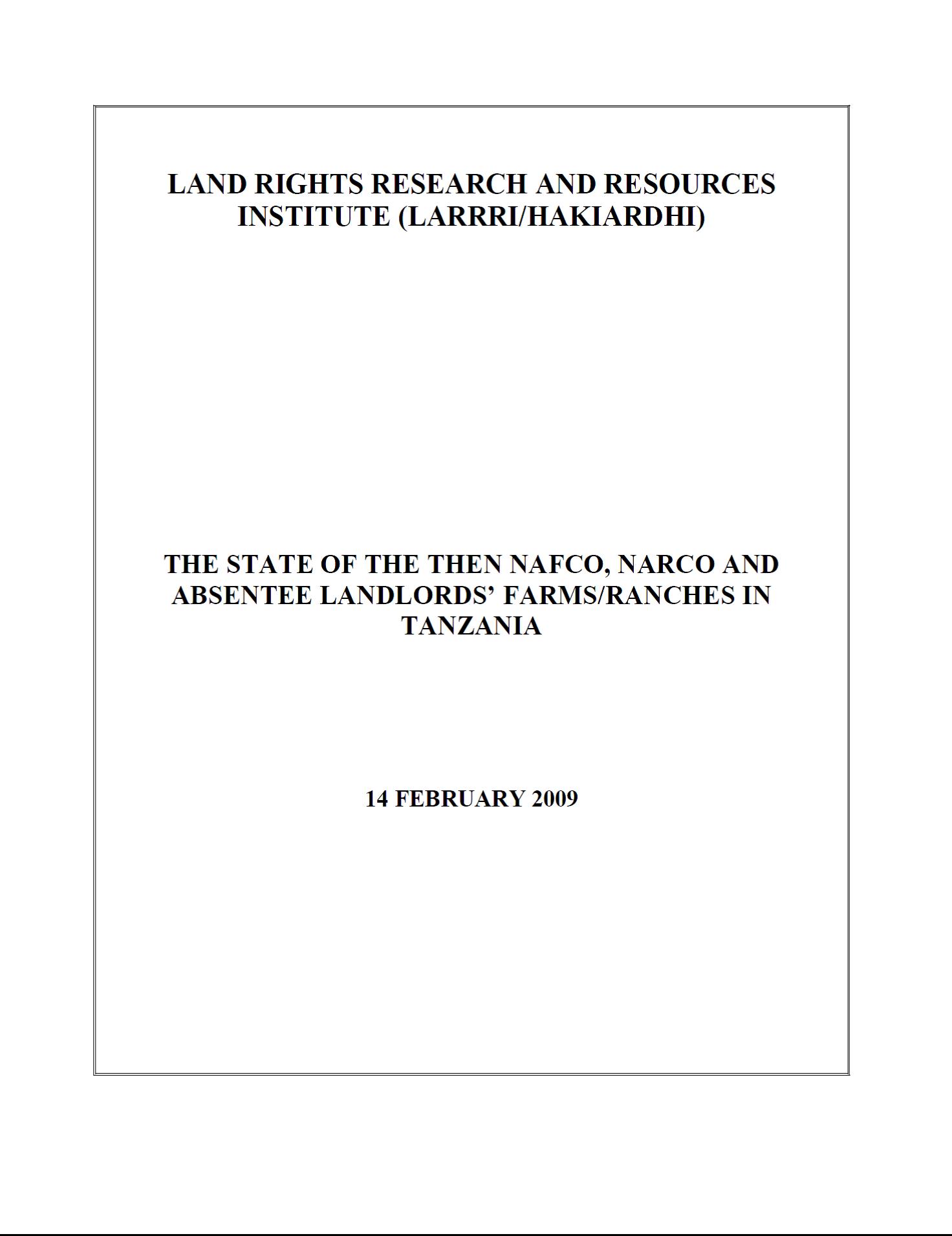Droit foncier, quelles perspectives pour la Guinée ?
De nombreux travaux alimentent la réflexion sur le droit foncier des zones rurales en Afrique de l’Ouest. En Guinée, la réforme foncière est d’actualité depuis plusieurs années mais les différents événements politiques de ces dernières années ont continuellement repoussé le travail entamé. Il n’en reste pas moins que le sujet demeure un enjeu d’actualité et sera un des chantiers du nouveau gouvernement.









